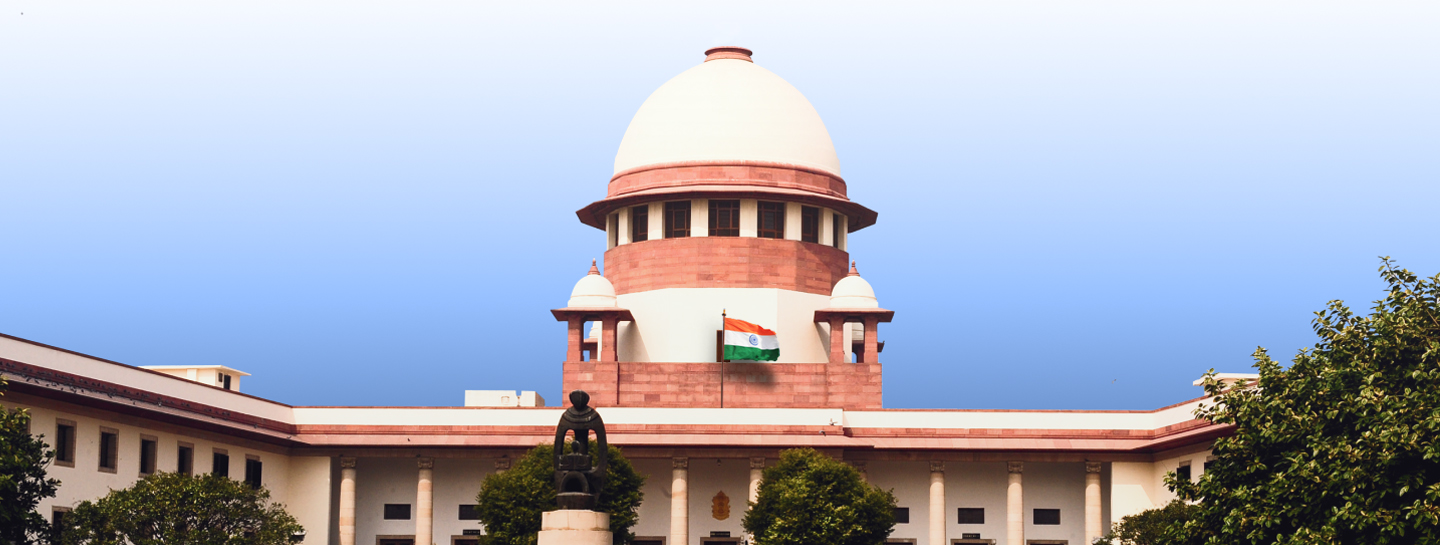In a landmark ruling, the Supreme Court has reaffirmed that maternity leave is a vital component of reproductive rights, setting aside a Madras High Court order that had denied maternity benefits to a government school teacher for her third child on the grounds of the State’s two-child policy.
The verdict, delivered by a Bench comprising Justice Abhay S. Oka and Justice Ujjal Bhuyan, emphasized that maternity leave is not merely a statutory entitlement but an extension of a woman’s fundamental right to reproductive autonomy. The Court ruled that such leave is intertwined with rights to health, privacy, dignity, equality, and non-discrimination under international and constitutional human rights law.
The judgment came in the case K. Umadevi v. Government of Tamil Nadu (C.A. No. 2526/2025; Diary No. 32351/2022), wherein the appellant— a government teacher— had approached the court after being denied maternity leave for the birth of a child from her second marriage. The Tamil Nadu government had rejected her request, citing its population control policy that limits benefits to only two children.
The Supreme Court overturned the Madras High Court Division Bench’s decision, which had previously held that the petitioner was not entitled to maternity leave for her third child. That bench had treated maternity leave as a statutory right limited by service rules, and excluded the applicability of the Maternity Benefit Act, 1961 to government servants governed by separate service regulations.
Justice Bhuyan, writing for the Bench, noted that while the teacher had two biological children from a prior marriage—before she entered public service—this was her first child after joining government service and her first with her current spouse. The two children from the previous marriage were not in her custody.
The Court acknowledged the merit of population control as a public policy goal but held that such objectives must be harmonized with the need to support and protect women’s reproductive rights through maternity benefits. The Court asserted that these objectives are not mutually exclusive and must be implemented with a balanced and humane approach.
The apex court restored the order of the Single Judge of the Madras High Court, which had earlier directed the State to grant the teacher maternity leave. The Single Judge had observed that the Maternity Benefit Act does not restrict benefits based on the number of children, but only prescribes shorter leave durations for women with two or more surviving children. He further held that the term “surviving children” must be interpreted contextually, considering custody and caregiving responsibilities.
The Court also held that if any State service rule imposes a restriction contrary to the provisions of the Maternity Benefit Act, such a rule would be inconsistent with Central legislation and liable to be struck down under Article 254 of the Constitution.
By recognizing maternity leave as a crucial reproductive right, the Supreme Court has reinforced the need for gender-sensitive workplace policies that uphold the dignity and health of women, especially in the public sector.



